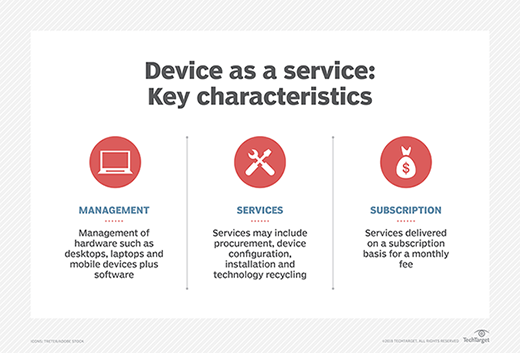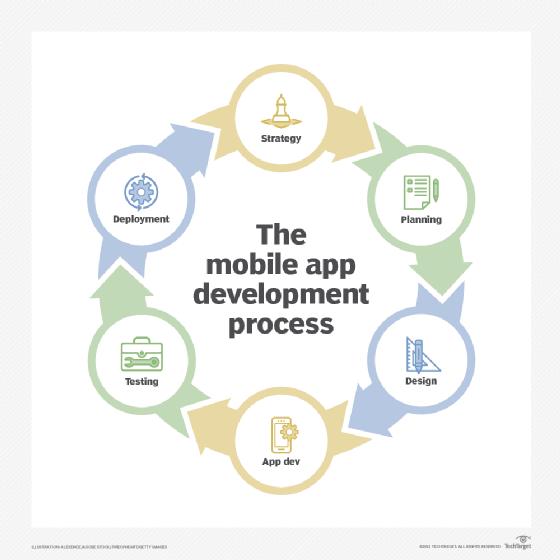device-agnostic (device agnosticism)
What is device-agnostic (device agnosticism)?
Device agnosticism, or device-agnostic, is the capacity of a computing component to work with various systems without requiring any particular adaptations.
The term can apply to either hardware or software. In an IT context, agnosticism refers to anything designed to be compatible across the most common systems.
What is device agnostic design?
Device agnostic design takes the focus from content and makes it design first. Before a website's content is written, the web developer will think about how it will show on a particular device. This is done to improve the user experience.
Often, this is confused with responsive design. However, responsive design simply refers to a website that adapts to different devices' changes in screen size. On the other hand, device agnosticism requires a broader range of compatibility.

What is the device-agnostic approach?
The device-agnostic approach promotes the compatibility of core functionality across software and devices.
For example, a device-agnostic mobile application (app) is compatible with most operating systems such as Android, Apple iOS or Microsoft Windows. Further, it may be functional on different devices, including notebooks, laptops, desktop computers, smartwatches, tablet PCs and smartphones.
A device-agnostic website is designed to accommodate visitors using mobile devices, desktops or televisions to visit the site. A device-agnostic peripheral device operates with common computing platforms, typically connecting wirelessly.

Challenges with the device-agnostic approach
Device agnosticism is a significant issue in mobile application development, mainly because the IT consumerization trend pushes organizations to permit employees to use their own mobile devices at work.
In such an environment, the capacity of software and systems to work across heterogeneous devices facilitates collaboration and helps prevent unmanageable demands for support. As a result, the trend toward device agnosticism is increasing along with the consumerization trend.
See also mobile device management vs. mobile application management and enterprise mobility management in-depth.







